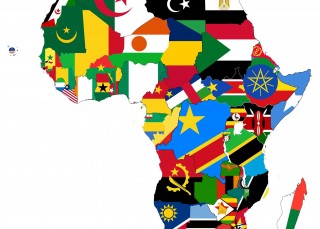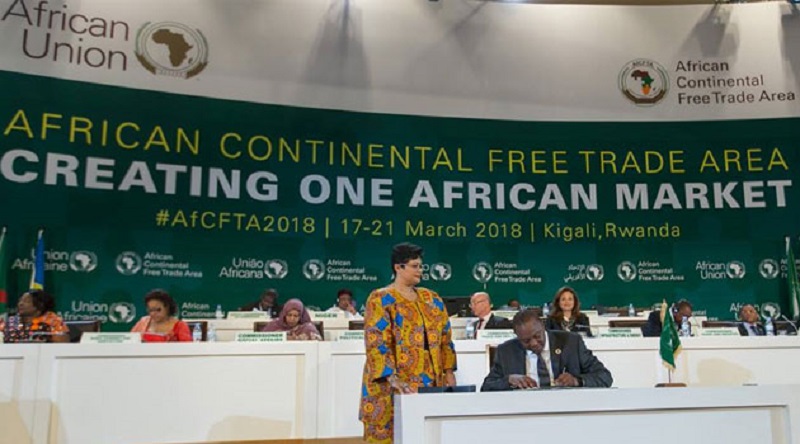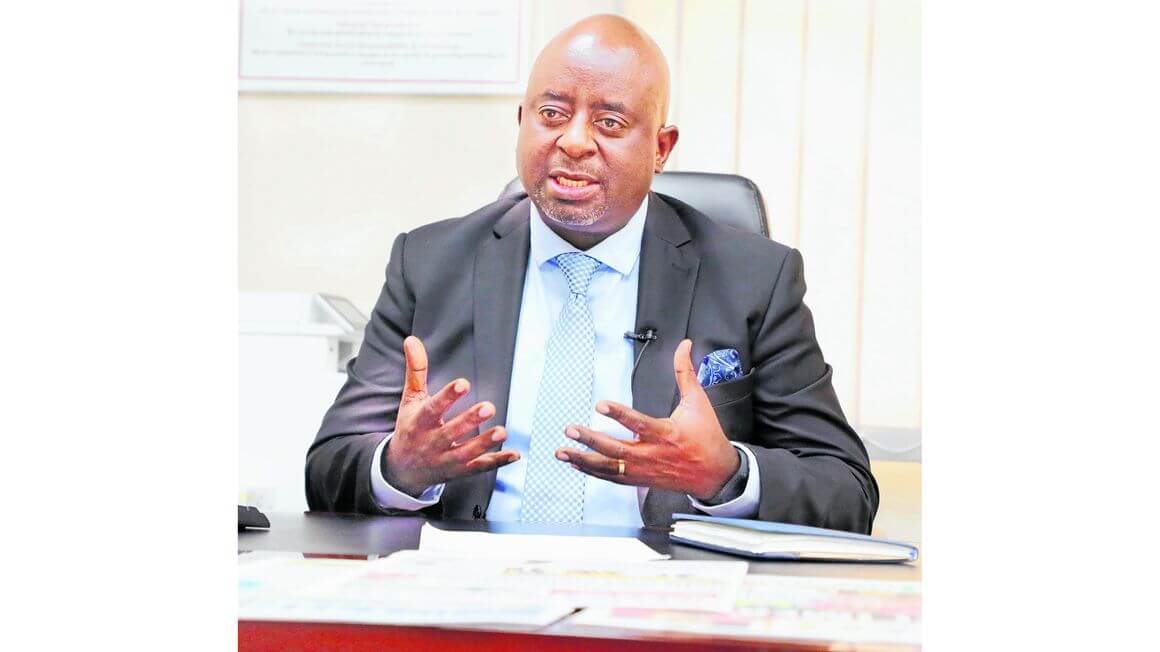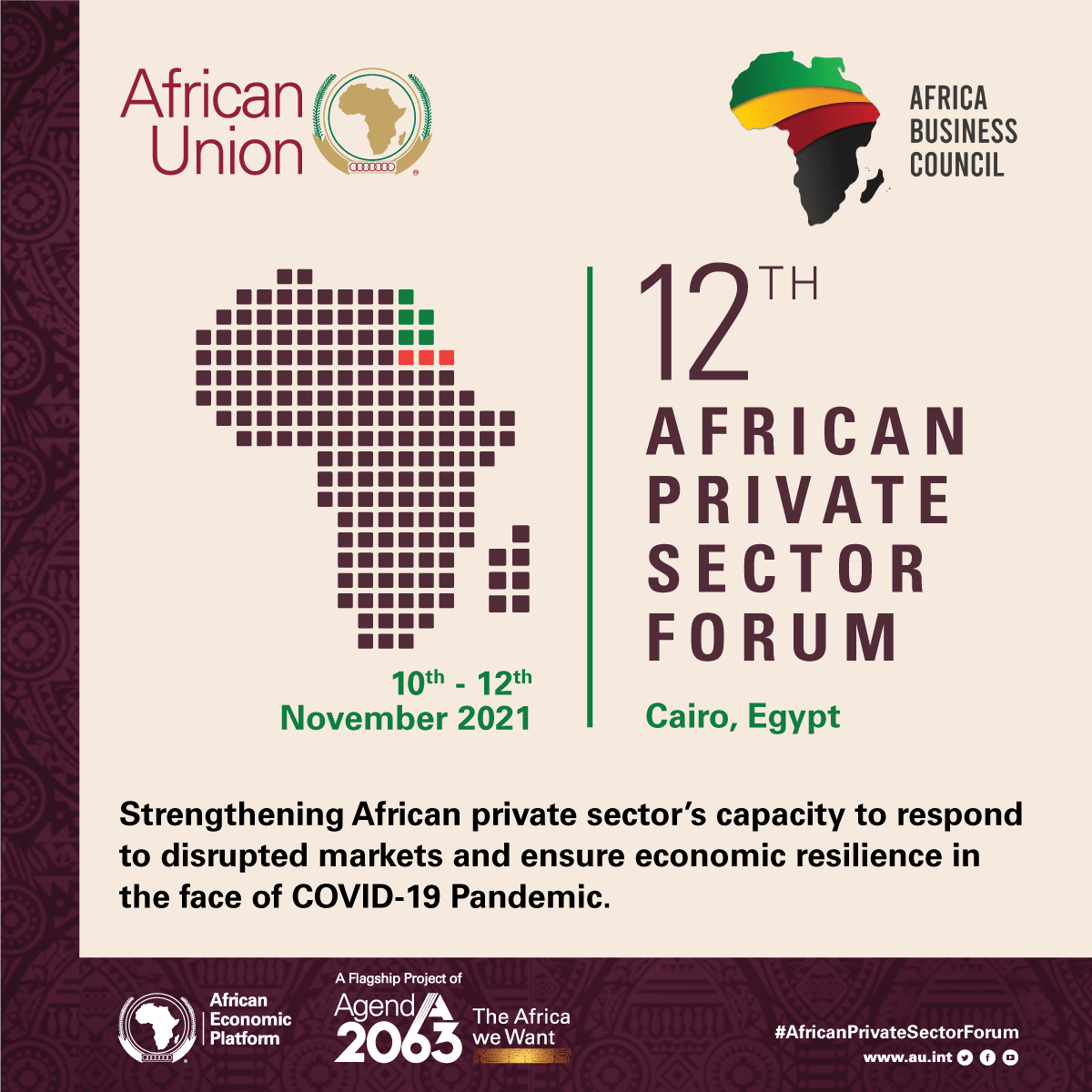The World Trade Organization's (WTO) forthcoming 12th Ministerial Conference (MC12), to be held from 30 November to 3 December, comes at a time when the COVID-19 pandemic has disrupted human and economic activities and heightened the significance of trade-related responses to accompany other global initiatives. Enhancing the participation of developing countries, including Commonwealth least developed countries (LDCs), in the multilateral trading system is indispensable because trade is an essential tool for growth and development. The WTO LDC Group, which includes eleven of the thirteen Commonwealth LDCs, have prepared and advanced proposals on their priorities and expected outcomes at MC12.[1] The below analysis by Colin Zhuawu, Economic Adviser (Multilateral Trade), Trade, Oceans and Natural Resources Directorate of the Commonwealth Secretariat, assesses the priorities of Commonwealth LDCs at MC12 and suggests possible strategies to pursue a favourable outcome. Multilateral Negotiating Issues Agriculture Discussions on Agriculture focus on several disciplines intended to correct trade distortions in agricultural trade, encompassing domestic support, export competition and market access. The discussions provide an opportunity for developing and least developed countries to address their food security needs through a Special Safeguard Mechanism and provision on Public Stockholding (PSH). Reductions in trade distorting domestic support by the world's largest subsidisers is imperative to improve access to markets for farmers in Commonwealth LDCs. Due to the highly complex and technical nature of deliberations on domestic support, a realistic outcome at MC12 would be agreement to initiate a specific work programme post-MC12 on the necessary reductions. However, Commonwealth LDCs might...
Supporting Least Developed Countries (LDCs) in the Commonwealth ahead of WTO Ministerial Conference
Posted on: November 29, 2021
Posted on: November 29, 2021























